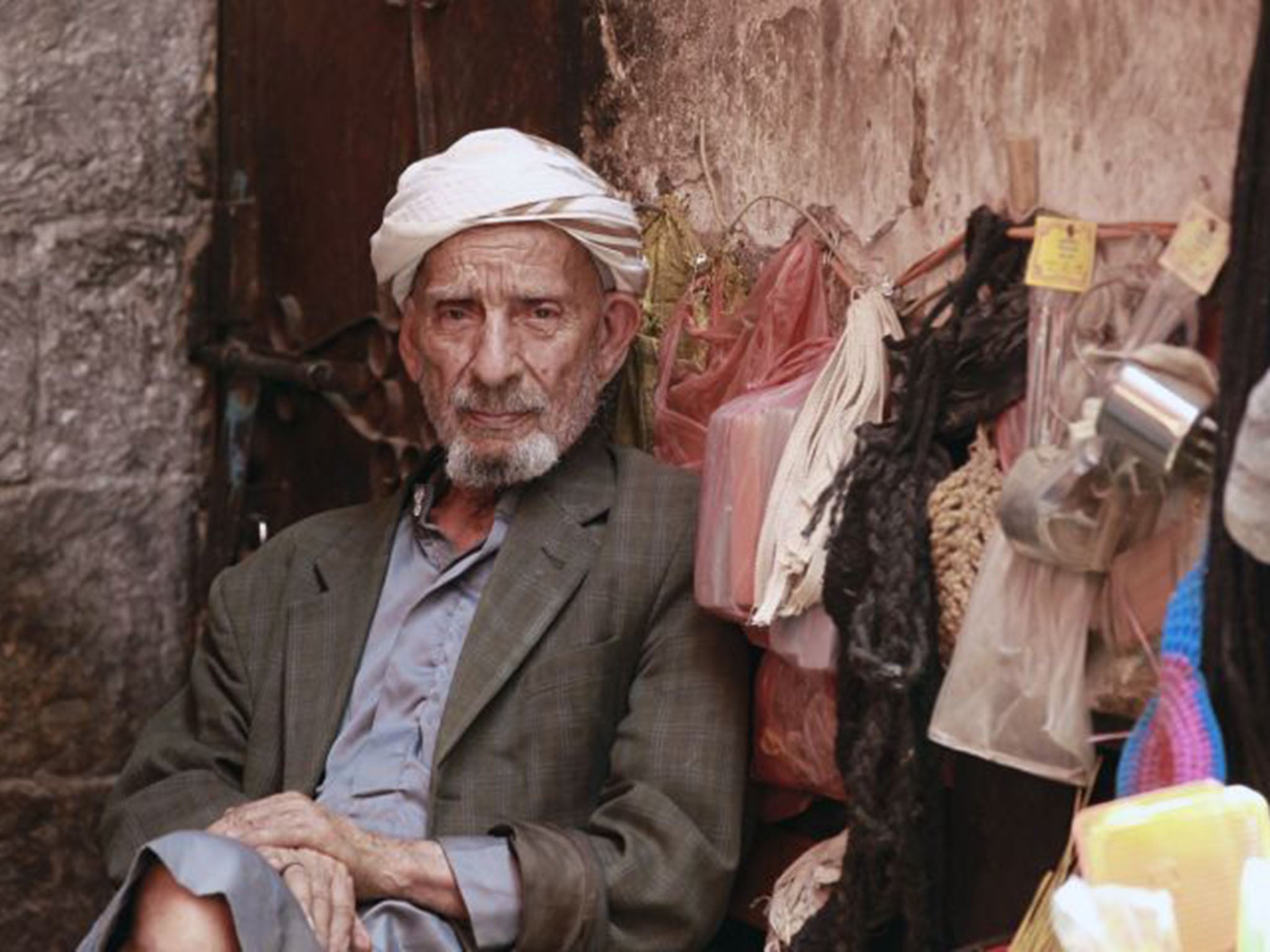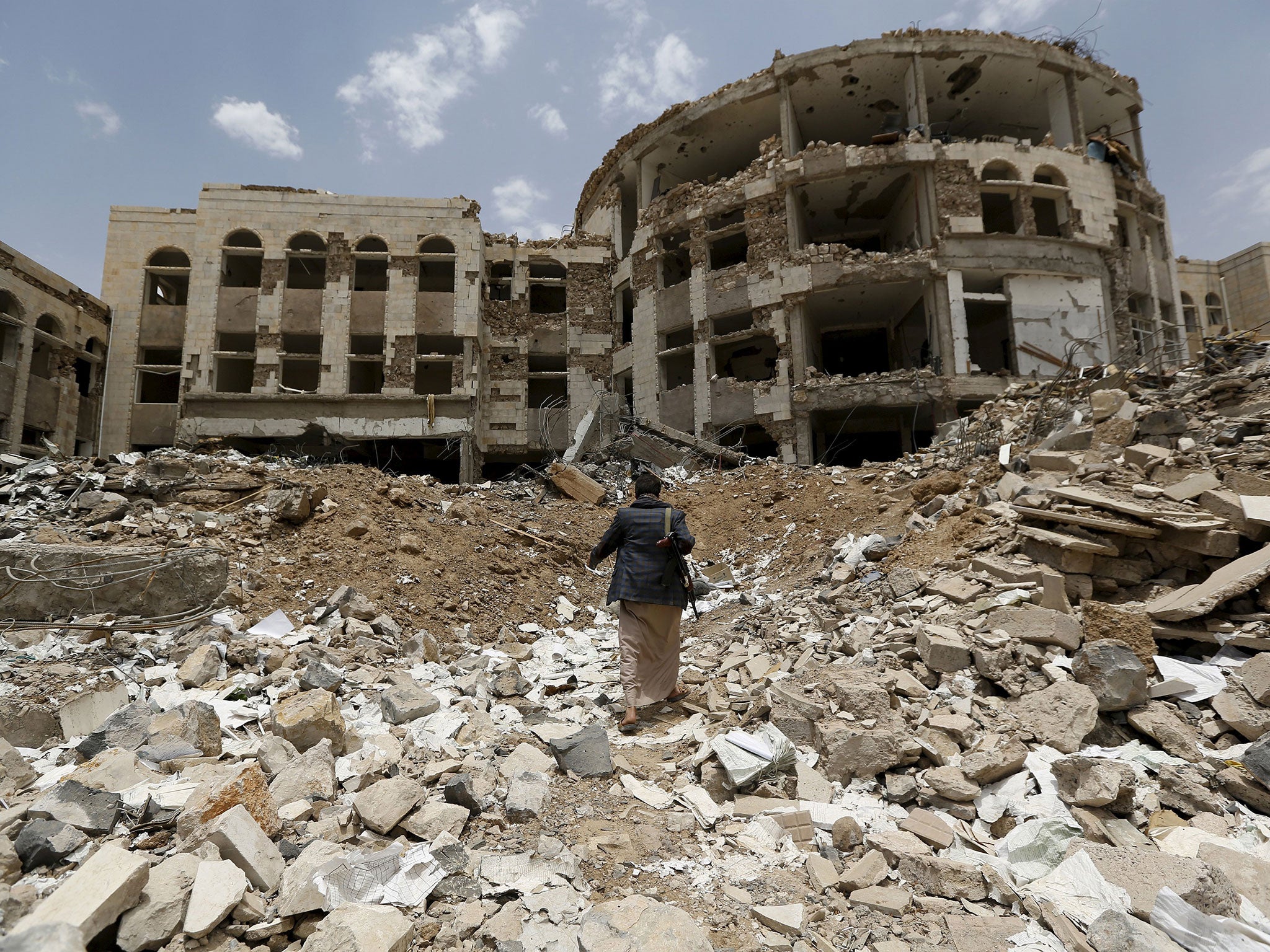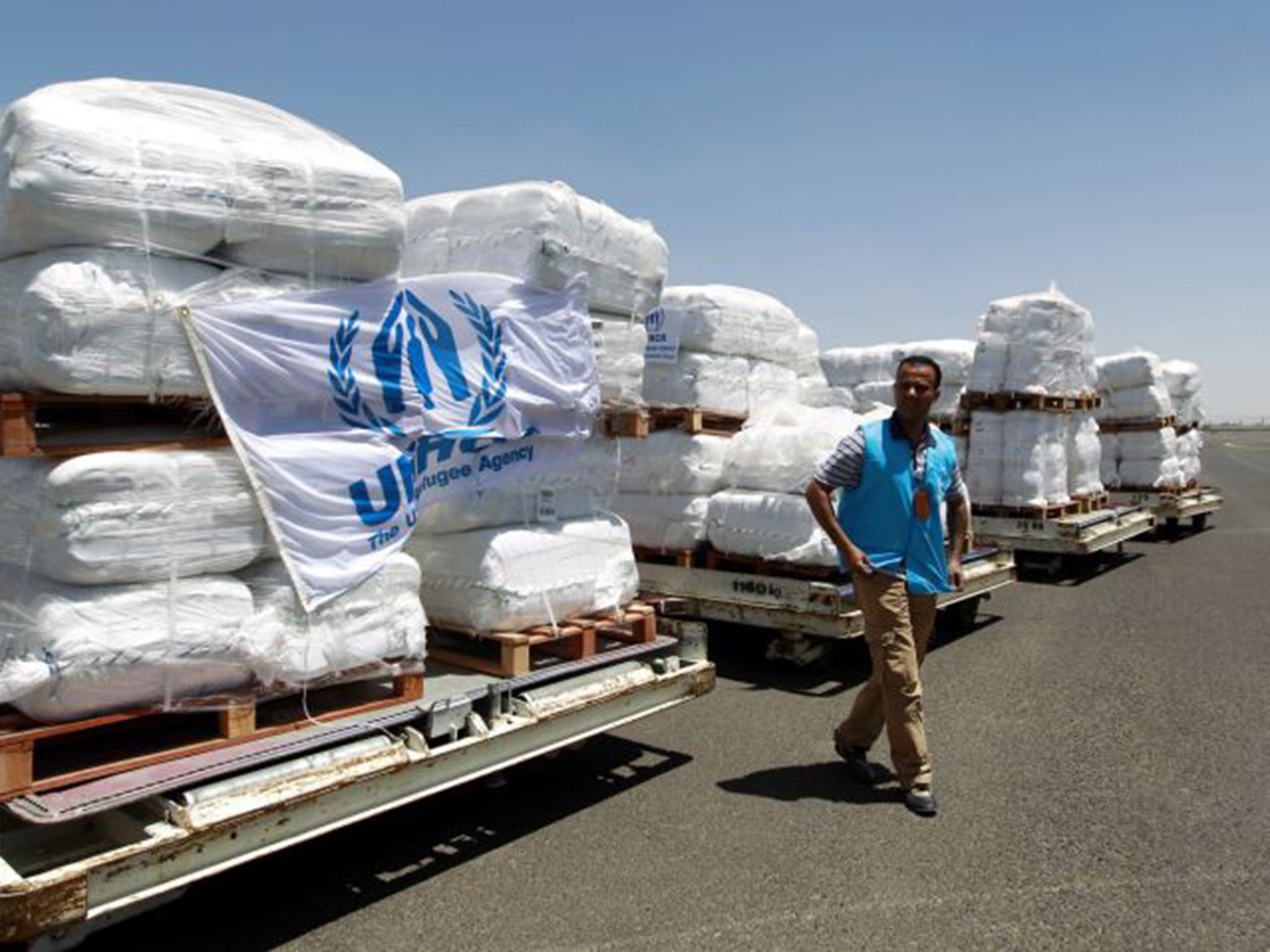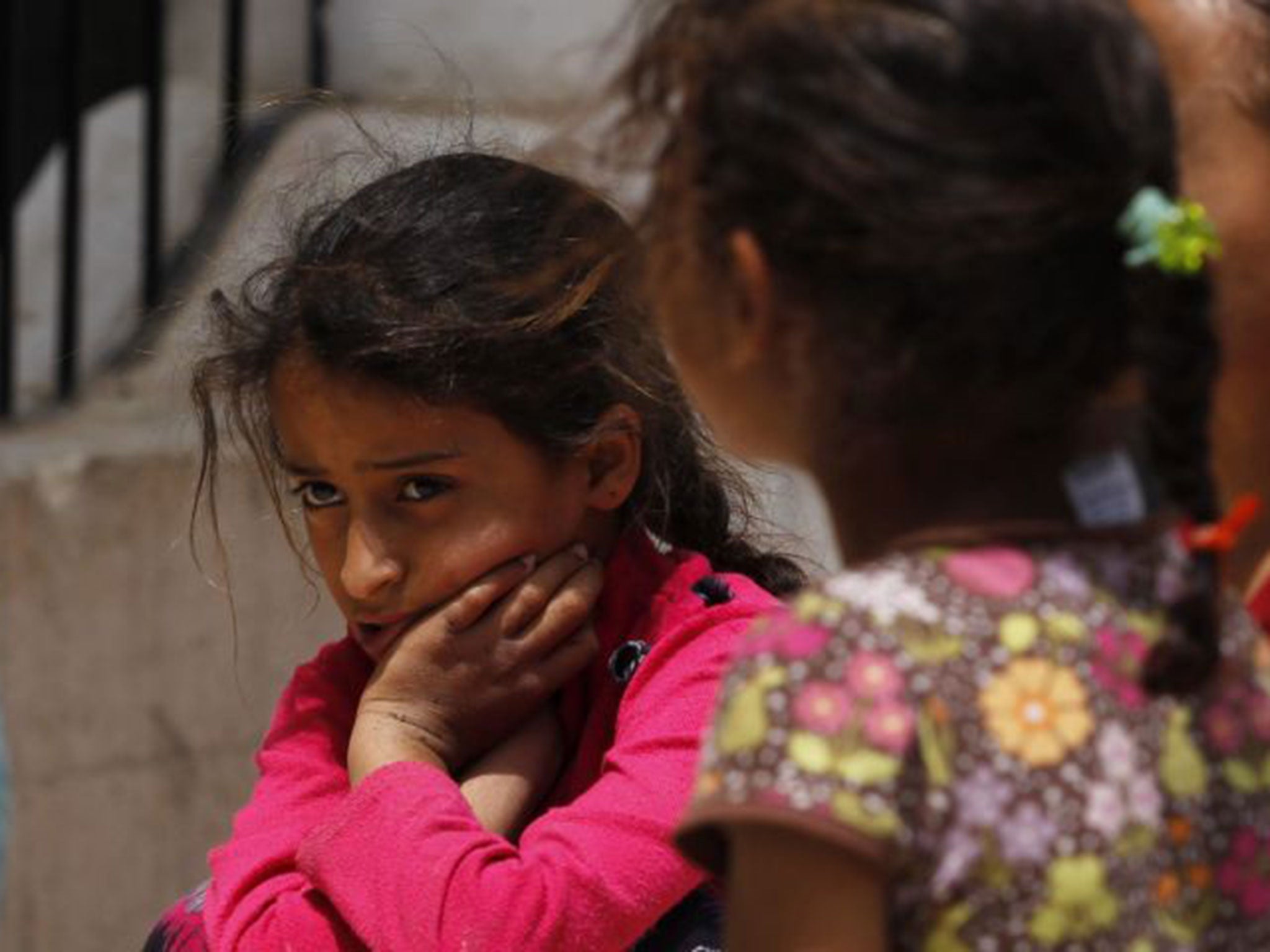Yemen conflict has pushed six million people to the brink of starvation, Oxfam warns
The UK is helping to arm Saudi planes attacking rebel targets in the country

The four-month-old war in Yemen has pushed more than six million people to the brink of starvation, according to a report.
The full extent of the humanitarian crisis in the country, where the UK is helping to arm Saudi planes attacking rebel targets, emerged as a five-day ceasefire to allow aid workers access to some of the worst affected areas was broken within minutes by shelling from both sides.
The shocking new figures on food shortages come from Oxfam, which says that since the Saudi-led coalition began its aerial onslaught in March, an extra 25,000 people each day are going without food and other basic provisions, with 13 million – more than half Yemen’s population – now facing shortages. The fighting has led to a humanitarian disaster that threatens to produce the highest ever recorded number of people living in hunger, according to the charity.
The conflict between a Sunni force backed by a Saudi-led coalition on one side and the Shia Houthi rebels on the other began with a Saudi bombing campaign on 25 March. The Saudis, and their allies from the Gulf, are fighting to prop up the collapsing administration of President Abd Rabbuh Mansur Hadi.

Mr Hadi was forced from the capital, Sanaa, in January by Houthis fighters, who have the backing of Iran. The Houthis’ aim is to reinstate the former president, Ali Abdullah Saleh, who was overthrown during the Yemeni chapter of the Arab uprising in 2012.
Earlier this month, the British defence minister, Earl Howe, confirmed that the UK was providing arms to Saudi Arabia that are being used in Yemen. “We are not participating directly in Saudi-led military operations in Yemen, but we are providing technical support, precision-guided weapons and exchanging information with the Saudi Arabian armed forces through pre-existing arrangements,” he said in a Parliamentary written answer.
“We have a small number of liaison personnel in Saudi and coalition air and maritime headquarters. This includes personnel in the maritime coalition co-ordination centre in the region supporting the delivery of humanitarian aid into Yemen.”
It is believed that the weapons are 500lb Paveway IV bombs which, according to the Defence News website, were originally earmarked for the RAF before being switched to the Saudis for use against targets in Yemen. The switch was made to ensure that the Saudi Air Force had the necessary stocks to continue its sorties.
“No UK military personnel are directly involved in Saudi operations in Yemen,” said a spokesman for the Ministry of Defence yesterday. The Department for International Development pointed out that the UK has provided £55m in aid to Yemen.

The Saudi-led coalition is not making significant headway and the longer the conflict – and a Saudi blockade of Yemen – continues, the more people are at risk from food shortages. “As the warring parties continue to ignore calls for a ceasefire, the average family is left wondering when their next meal will be, if they survive the bombs. They are now running out of food,” said Philippe Clerc, Oxfam’s country director in Yemen. The fighting has already cost more than 3,700 lives, according to UN figures, almost 1,700 of whom are civilians.
But for those that survive, the situation is quickly becoming intolerable, with supplies not only of food, but also of water, medicine and shelter fast running out.
“We were waiting impatiently for Ramadan all year. It is the best month of the year when my brothers and other traders provide us with… enough food for six months. But this year, everyone has been affected by the conflict – there is no distinction between the poor and the rich,” said Um Osama, a widow living with her six children in Al Turba, in Taiz, a city about 70 miles from Aden in the west of the country.

“Now we do not have any shelter after our house was destroyed by an aircraft, we do not have enough food to eat even for one night, and my only child who was taking care of the whole family, [my son] Osama, has been killed.”
Despite a deadline of midnight on Sunday for the start of a five-day cessation to enable aid agencies to bring in desperately needed supplies. Fierce fighting continued across the country, however.
In a statement, the Houthis said that they had fired missiles at Saudi military posts on border posts in the Saudi Jazan region, while Saudi media reported that the attack had been “responded to”. In nearby Sabr, a key supply route, there were reports of fierce exchanges between the two sides. Witnesses told the Associated Press that corpses of fighters were lying in the streets.
Mohammad Said Saad Al-Anessi, an electrical engineer from Al-Khamis in the Amran Governorate, said the war had forced his family into homelessness. “We didn’t flee because we wanted to. We were forced to flee… we are exhausted… We are now homeless,” he said.
Even before the civil war, Yemen was the poorest country in the Middle East and had the world’s second highest malnutrition rate. Now, in the Saada region in the north of Yemen, Oxfam warns that 80 per cent of the population – at least 670,000 people – are going hungry, with 50 per cent of them at critical levels.
Join our commenting forum
Join thought-provoking conversations, follow other Independent readers and see their replies
Comments